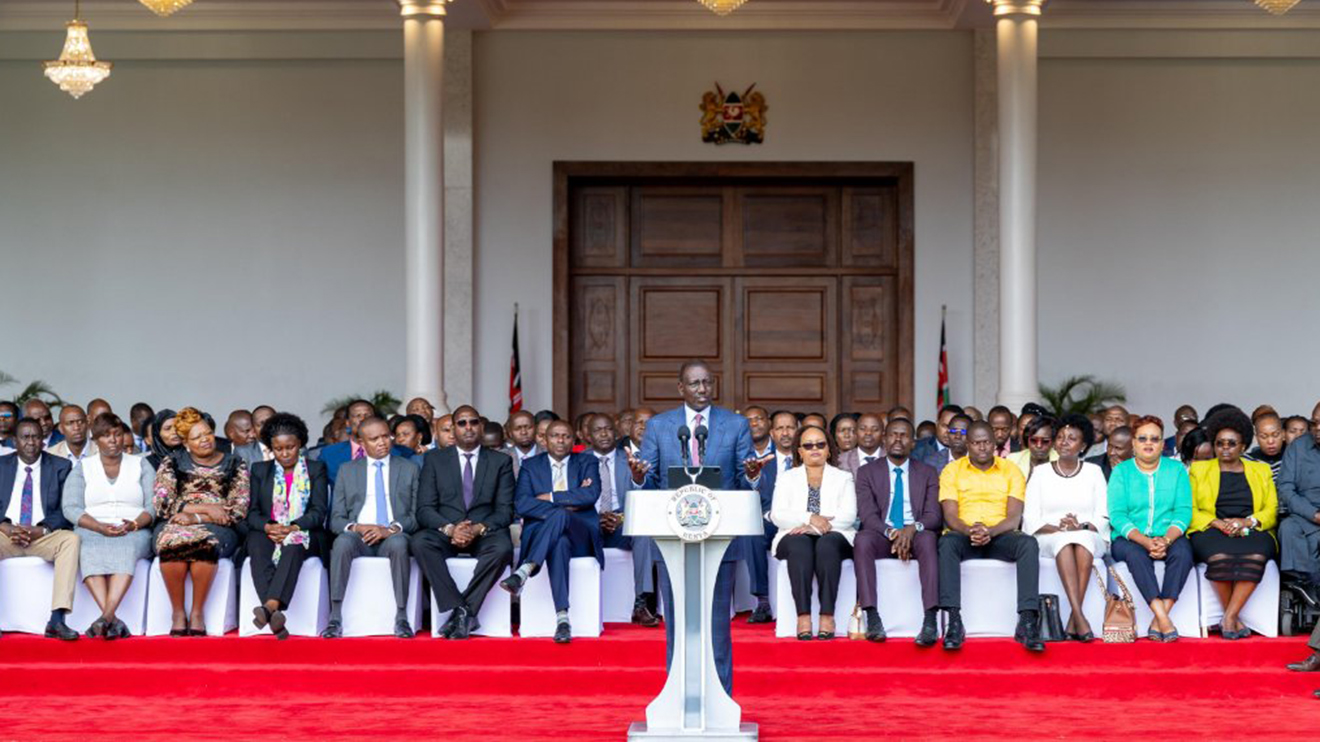In a significant development, President William Ruto has opted not to sign the Finance Bill, 2024, sending shockwaves through Parliament as they prepare to adjourn for recess this Wednesday.
The decision comes in the wake of widespread public discontent that followed the bill’s passage, leading to tragic consequences including loss of life, damage to property, and the violation of constitutional institutions.
Ruto expressed his sympathy for those affected by the unrest, stating, "I send condolences to the families of those who lost their loved ones in this unfortunate manner."
He emphasised that his decision was made after careful consideration of the ongoing national debate regarding the bill.
"Consequently, having reflected on the continuing conversation around the content of the finance bill of 2024, I will decline to assent to the bill," he announced.
Read More
In an effort to address the public’s concerns, Ruto has called for a series of engagements aimed at fostering dialogue and finding common ground. He has specifically proposed engaging with the youth to understand their priorities.
"Accordingly, as I committed on Sunday, I propose an engagement with young people of our nation to listen to their issues and agree with them on their priority areas of concern," he stated.
Furthermore, President Ruto has recommended a comprehensive multi-sectoral, multi-stakeholder engagement to be held within the next 14 days.
This initiative aims to address not only the contents of the Finance Bill but also related issues such as austerity measures and anti-corruption efforts.
"I also propose that within the next 14 days, a multi-sectoral, multi-stakeholder engagement be held with a view to charting the way forward on matters relating to the content of the bill as well as auxiliary issues raised in recent days on the need for austerity measures and strengthening our fight against corruption," he elaborated.
The Finance Bill 2024 was supposedly designed to tackle economic challenges, but its passage triggered substantial opposition from various sectors of the society.
As deliberations continue, stakeholders across sectors await the outcome of Parliament's response to the President's amendments, poised to impact the economic landscape in significant ways.












